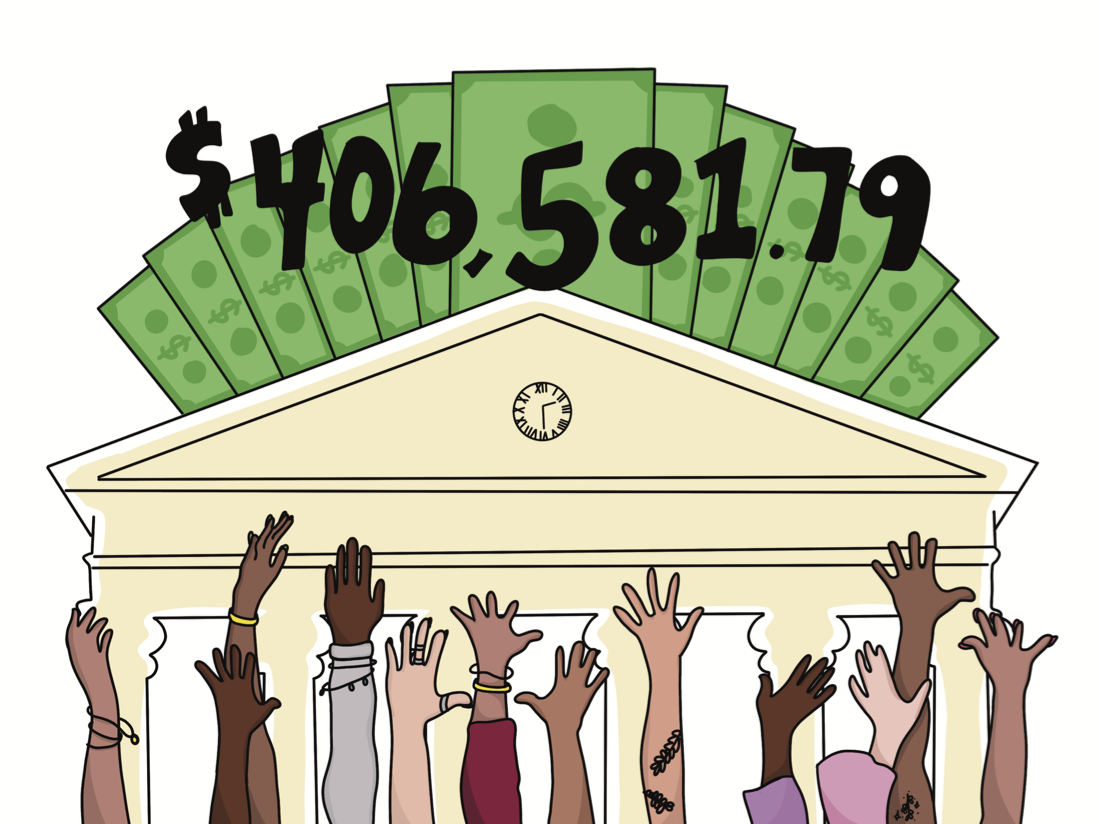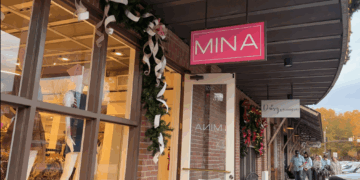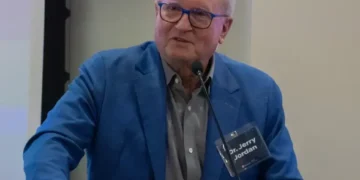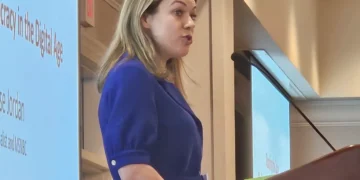
In summer 2021, the Associated Student Body club funding ran dry. However, due to the recent student activity fee increase, approved by student vote last March, funding for registered student organizations has now increased substantially with hundreds of thousands of dollars in reserve.
“We got $406,581.79 for the fall semester. We had to wait for the drop period, (see) how many students were enrolled and how many classes they were in, account for class switches and (students) moving (to online classes). Just making sure everything was final before we charged people,” Emily Hawes, ASB treasurer, said.
In March 2022, ASB held a referendum to increase the student activity fee from a flat $5 fee to $2 per credit hour, which overwhelmingly passed with 79.42% of the vote in favor of the increase. This was heralded as a huge victory for ASB, especially since a referendum for the fee increase was unanimously approved by the ASB senate but resoundingly rejected by students in 2019.
Although the amount of money in the fund is leagues above what was there last year, the money available to each club has not changed.
“Last semester, the SAF ran dry. We ran out of funds, and that was a big problem,” Hawes said. Registered student organizations “are eligible for up to $6,000 a semester. There was talk about changing it to $10,000, but we kind of just want to build back up a cushion and make sure that everyone who requests funds gets funds. We wanted to have one trial run semester keeping it at $6,000. Extra funds from the fall will push over into the spring.”
The ASB Treasury conducts funding orientation sessions with RSOs before they are eligible to withdraw funds.
Representatives from 229 registered student organizations have attended a funding orientation so far this semester, Hawes said.
“That number is a rough estimate of how many RSOs are eligible at the moment because several of those representatives attended on behalf of more than one organization, and some organizations had more than one representative attend on their behalf,” Hawes said.
ASB has already distributed $36,755.03 to RSOs so far this semester, as well as an additional $4,965.31 for diversity, equity and inclusion efforts, for which each RSO is allotted up to $2,000 each semester.
Funding is typically allowed for events that are open to the public.
“You can request $6,000 for every category of funding, except for closed events that are members only. We wanted to make sure that more of the money was going to open events that anybody could go to and not students that were already previously members of a club,” Hawes said.
Beyond individual allocations to clubs, ASB has introduced a separate pool of funds for large events that clubs want to hold on campus, making funding more accessible for any club that wants to hold a campus-wide event.
“Now, large scale funding is separate from your $6,000, a separate competitive fund that we’ve allocated more funds to this year,” Hawes said. “All you have to do to qualify for funding for a large-scale event is prove that you’re expecting more than 100 non-club members to come. There is no max funding allotment for large-scale events.”
However, some clubs disproportionately rely on funding categories that have been restricted by ASB this year, including the University of Mississippi’s Model United Nations club. The Model UN team travels to New York each year to participate in the National Model United Nations tournament, held at the United Nations Headquarters in Manhattan. Last summer, a group of Model UN members also traveled to Geneva, Switzerland, to participate in a tournament at the United Nations Office at Geneva.
“We wanted to make sure that this (funding) was more inclusive, but we also didn’t want to bring about the demise of clubs that depended on the full $6,000 in those categories. So we added a clause, the cap is $2,000 (for travel expenses) unless your club is dependent on those funds or is a travel/competition based organization, then you can get the full $6,000,” Hawes said.
ASB is also providing reimbursements to registered student organizations. However, there are limits on when reimbursements are available. Reimbursements also have to first be approved and amount to $250 or less.





































